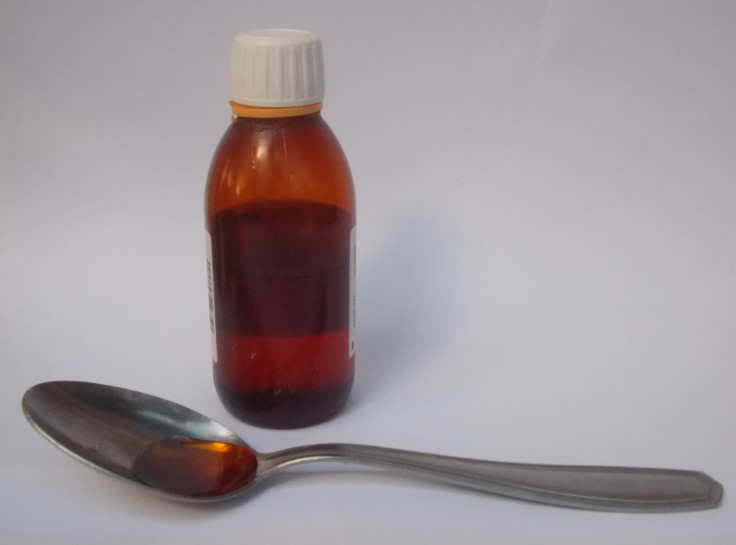WHO issues fresh alert for contaminated cough syrup made in India
The agency has issued five such alerts over the last 10 months.

The World Health Organization (WHO) on Monday flagged an India-manufactured cough syrup after an investigation by Bloomberg found contamination in common medicine being sold in Iraq.
The health agency has issued an alert against cough syrup manufactured by Fourrts Laboratories, a firm based in Chennai, India after an investigation found that their paracetamol syrup, Cold Out, contained 0.25% diethylene glycol (DG) and 2.1% ethylene glycol (EG).
A statement by the WHO revealed that it was informed of the contamination on July 10, 2023, by a third party.
The permissible limit for both chemical substances is not more than 0.10 per cent. In its alert, the agency has warned people against consuming the syrup and has asked Indian healthcare agencies to report any adverse events. The regulators have also been asked to increase surveillance of supply chains.
"The substandard batch of the product is unsafe, and its use, especially in children, may result in serious injury or death," the alert warned.
The company has not issued a statement addressing the issue, but its vice president told Bloomberg last month that the company had subcontracted the manufacture of Cold Out to another Indian firm based in Puducherry.
The alert does not mean that the agency has taken direct action against the manufacturer. It is essentially meant to warn all stakeholders in order to avoid such incidents in the future. Such an alert by the WHO essentially implies that the product is unsafe to use and may even result in serious injury or death.
The latest warning from the agency about India-manufactured cough syrups comes after the organisation issued similar alerts in June this year. Since October last year, the WHO has raised five such alerts for syrups made in India that have DEG and EG contamination.
In June, the agency issued an alert for seven India-made syrups linked to over 300 deaths across the globe.
It flagged a batch of India-manufactured cough syrup in April as well. The agency issued an alert for India-made syrups sold in the Marshall Islands and Micronesia. It said that the cough syrups were found to contain "unacceptable amounts of diethylene glycol and ethylene glycol."
Diethylene glycol and ethylene glycol can cause abdominal pain, vomiting, diarrhoea, headaches, acute kidney injury, and even death. Companies sometimes mix propylene glycol with inexpensive diethylene glycol and ethylene glycol for sweetening purposes. Both are highly toxic, colourless, and viscous liquids.
These contaminants were also linked to as many as 70 deaths in the Gambia and 18 deaths in Uzbekistan last year.
The government of the Republic of The Gambia was forced to suspend the use of all paracetamol syrups. It even collected paracetamol and promethazine syrup from rural households.
Lapses were also found in the inspection of the manufacturing facility of the pharmaceutical company whose cough syrup was linked to the deaths in Gambia.
The agency has also ensured that it will also look into whether an increase in Propylene glycol prices has led companies to resort to such measures. The prices of Propylene glycol almost tripled in China in 2020, while in India the spike was seen in 2021.
According to ChemAnalyst, a market research firm based in India, the prices remained high for almost a year.
It also needs to be noted that India is the world's largest exporter of generic drugs. The recent incidents have put the country under the scanner.
It is now compulsory for Indian companies to ensure that their cough syrups have been tested before export, per an order issued by the Indian government. The directive came into effect in June.
The Indian government also issued show-cause notices to 71 companies after 12 children died in Cameroon, allegedly after consuming contaminated syrup made in India, according to a report by Mint.
"We are the pharmacy of the world and we want to assure everyone that we are the 'quality pharmacy of the world'. India will never bargain on the quality of medicines; [we are] always alert to ensure no one dies of spurious drugs," said its Health Minister Mansukh Mandaviya in June this year.
© Copyright IBTimes 2025. All rights reserved.





















